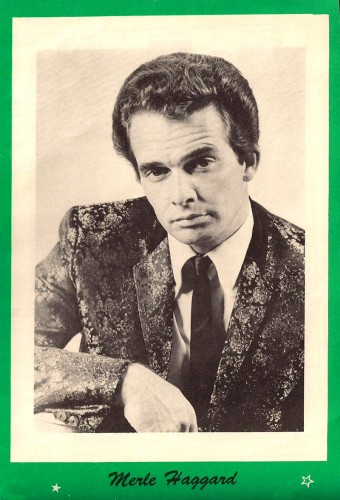Remember the standard:
“If you are going to cover a song, rip it apart a bit and make it your own.”
Changes, by David Bowie:
And a remake by Lewis and Clarke:
I saw this one while perusing Jeff Carter’s excellent blog, Points and Figures, which you should take a look at every day. It particularly struck me today as I am going through some big changes in my life right now. Some good, some bad, but in the end, as my daughter keeps telling me, “everything will be just fine”.
